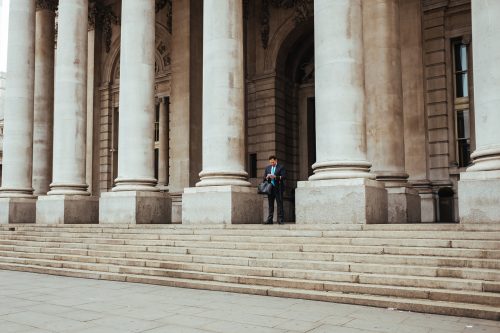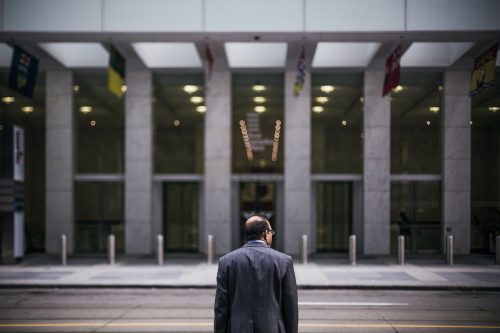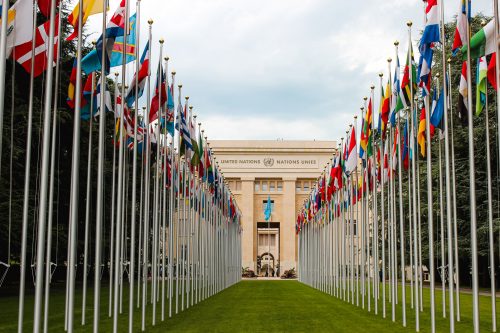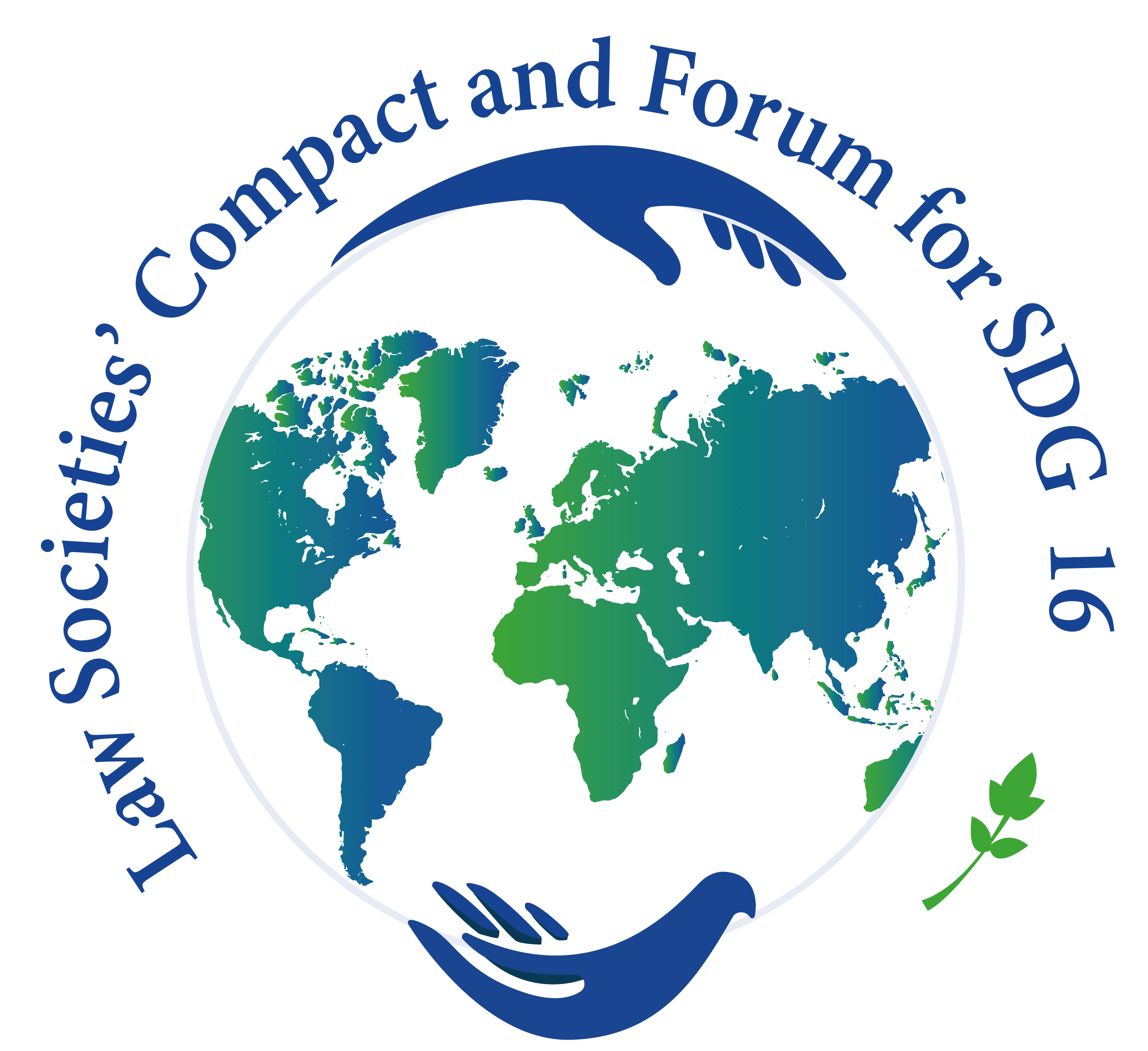The rule of law and access to justice are key conditions for countries’ sustainable development
Being treated fairly and equally under laws that adhere to international human rights standards and the ability to exercise your rights and hold decision makers to account are among the necessities for sustainable social and economic growth.
The rule of law under threat

In short, the rule of law means that all people and entities, including the State itself, are accountable to laws that are transparent, equally enforced and independently adjudicated, and which are consistent with international human rights norms. But the rule of law is at risk. The Rule of Law Index 2020 of the World Justice Project has seen a decline in the application of rule of law globally for each year for the last three years.
Establishing and maintaining the rule of law is fundamental to promote social and economic development. Human security is at risk where violent crime is not prosecuted. If property rights cannot be enforced companies may be hesitant to do business and there is little incentive for foreign investment. As economic growth becomes more difficult to sustain, development slows, which may lead to social tensions and even conflict.
Often, lawyers work at the front line defending the rule of law and have to deal with the fear of arrest, detention or intimidation. In some jurisdictions, bar leaders, lawyers and judges carry out their professional duties at the expense of their personal safety, including by risking their lives.
In uniting law societies across the world, the Compact and Forum can play a significant role in sharing knowledge and supporting local initiatives to strengthen the rule of law.
Access to justice needed

Access to justice is a basic principle of the rule of law. In the absence of access to justice, people are unable to have their voices heard, exercise their rights, challenge discrimination or hold decision-makers accountable.
A recent report by The World Justice Project found that justice problems are ubiquitous and frequent. Despite this, most people do not turn to lawyers and courts. Less than a third (29%) of people who experience a legal problem sought any form of advice to help them better understand or resolve their problem.
The costs of seeking justice, lost income, and stress-related illnesses and other health problems all stand in the way of a country’s ability to end poverty and increase shared prosperity. The Compact and Forum helps law societies around the world increase access to justice and lay the groundwork for sustainable growth.
Sustainable Development Goal 16 (SDG 16)

The Sustainable Development Goals are a universal call to action to end poverty, protect the planet and improve the lives and prospects of everyone, everywhere. The 17 Goals were adopted by all UN Member States in 2015, as part of the 2030 Agenda for Sustainable Development which set out a 15-year plan to achieve the Goals.
The UN has recognised the importance of the rule of law and access to justice as part of its Sustainable Development Goals. They form one of the priorities for SDG 16 which is “To promote peaceful and inclusive societies for sustainable development, provide access to justice for all and build effective, accountable and inclusive institutions at all levels.”
Target 16.3 is “Promote the rule of law at the national and international levels and ensure equal access to justice for all.”
Law societies are key

Professional organisations of lawyers can play an integral part in promoting the rule of law and access to justice by providing innovative, dynamic solutions, practices and knowledge to improve sustainable development.
The Compact and Forum was launched to harness the knowledge and resources of the global legal community to help maintain a robust and independent legal profession that can protect the rule of law and access to justice for a sustainable future.
